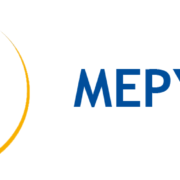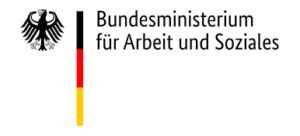New Publication: How much Money is Appropriate? A Vignette Study on the Acceptance of Sanctions in SGB II
Since the reforms of the Social Code Book II in 2004/05, sanctions in the minimum income system have been considered a central pillar of the activating welfare state. However, in terms of social policy, it is often debated whether sanctions are generally permissible, since those affected then live (temporarily) below the socio-cultural subsistence level. In addition, the Federal Constitutional Court classified cuts above 30 % of the minimum income benefits as unconstitutional in 2019 and called for a reform process. A broad public acceptance of the changed sanction practice may be achieved if empirical evidence on the perception of such sanctions accompanies the reform process. This article investigates – based on a Vignette analysis – which sanctions are considered acceptable by the population, when hypothetical welfare recipients violate their obligation to cooperate. A majority of the representative German sample (N = 2621) favours sanctions up to 30 % of the minimum income benefit. Sole factors such as low levels of motivation to look for work, missed appointments with the specialist advisors or having a foreign-sounding name significantly increase the acceptance of sanctions amongst the wider public. Especially a combination of these factors increases the acceptance of placing sanctions on welfare recipients. In contrast, the age of the hypothetical benefit recipients plays a marginal role.




